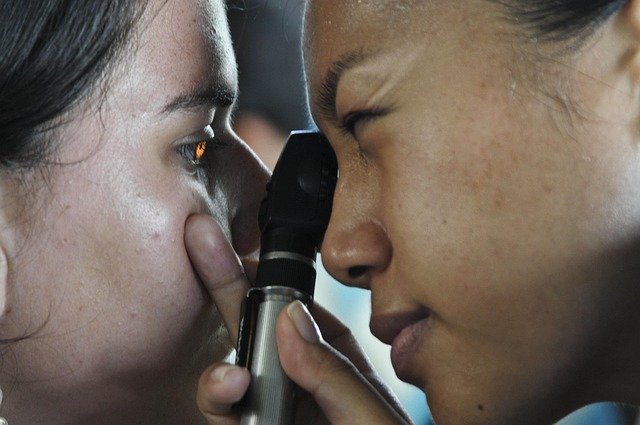Unveiling the Mysteries of Our Circadian Rhythm: The Science of Our Internal Clock and its Influence on Our Health
Our bodies are marvels of biological machinery, operating on a rhythm as old as life itself. Our circadian rhythm, or internal body clock, governs a plethora of bodily functions, from sleep and wake cycles to hormone production and cell regeneration. However, how much do we really understand about this innate biological metronome, and how does it impact our overall health and well-being?

The Intricacies of Circadian Rhythm: An Unseen Maestro of Our Health
Circadian rhythm, from the Latin ‘circa diem’ meaning ‘about a day’, is an internal process that regulates our sleep-wake cycle, repeating roughly every 24 hours. This biological clock operates on a daily cycle, influenced by the rise and fall of the sun, and controls numerous physiological processes.
The science behind our circadian rhythm has been a topic of fascination for centuries. In the 18th century, French scientist Jean-Jacques d’Ortous de Mairan discovered plants maintained their daily rhythm even when kept in constant darkness, suggesting the existence of an internal clock. In the late 20th century, researchers identified the gene responsible for our circadian rhythm, opening a new era in the study of our biological clock.
The Impact of Our Biological Clock on Our Health: More Than Just Sleep
Traditionally, our circadian rhythm has been linked primarily to sleep. However, recent studies suggest it has profound implications for our overall health.
Research indicates that disruptions to our circadian rhythm, such as shift work or frequent jet lag, can increase the risk of various health issues, including diabetes, heart disease, and certain types of cancer. These findings highlight the importance of maintaining a healthy sleep-wake cycle and the potential dangers of consistently disrupting our internal clock.
The Science-Backed Benefits and Challenges of Maintaining a Healthy Circadian Rhythm
Maintaining a healthy circadian rhythm offers numerous benefits, from improved sleep quality to enhanced mood and cognitive function. However, ensuring a healthy rhythm can be challenging in our modern, always-on society.
The blue light emitted by digital devices, for example, can interfere with our circadian rhythm by suppressing the production of melatonin, a hormone that signals our body it’s time to sleep. Experts recommend limiting screen time in the evening and maintaining a consistent sleep schedule to promote a healthy rhythm.
The Verdict: The Importance of Syncing with Our Internal Clock
While more research is needed, the evidence suggests our circadian rhythm plays a crucial role in our health and well-being. From supporting quality sleep to regulating metabolism and mood, our internal clock is a vital but often overlooked aspect of our health.
Fascinating Facts About Our Internal Clock
- Our circadian rhythm can vary slightly from person to person. Some people are naturally ‘morning larks,’ while others are ‘night owls.’
- Certain cells in our eyes, separate from those we use to see, help regulate our circadian rhythm by detecting light.
- Even our gut has a circadian rhythm, affecting how we digest food and absorb nutrients.
In conclusion, our circadian rhythm, or internal body clock, is a fundamental aspect of our health, influencing everything from our sleep-wake cycle to hormone production and cell regeneration. By understanding and respecting our body’s natural rhythm, we can make lifestyle choices that support our wellness and help us lead healthier, happier lives.




